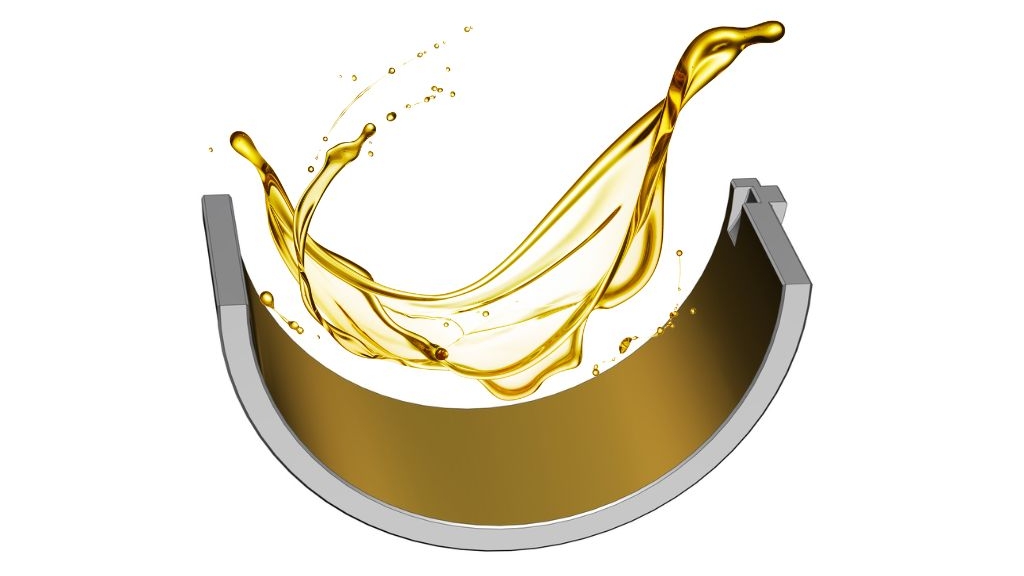Faster Delivery in 3-5 Days
Faster Delivery in 3-5 Days

In a recent high-profile case, Nissan has recalled over 440,000 vehicles due to a potential engine bearing defect that could lead to engine failure and increase the risk of a crash.
In this article, we’ll explain what engine bearings are, why they’re important, common causes of bearing failure, how to identify early warning signs, and whether diagnostic tools like OBD2 scanners can help. Whether your vehicle is affected by the Nissan recall or not, understanding these factors can help you prevent costly repairs and ensure long-term engine health.
Nissan is recalling over 440,000 vehicles, including Rogue, Altima, and Infiniti QX50/QX55 models, due to a possible engine bearing defect that could cause engine failure and increase crash risk.
Dealers will inspect for metal debris in the oil pan and repair or replace the engine if needed. If no debris is found, preventive maintenance like oil changes, gasket replacement, or ECM reprogramming will be performed depending on the engine type.
Although electric vehicles are becoming increasingly popular, internal combustion engines (also known as piston engines) remain the most widely used powertrain in the automotive industry. These engines contain multiple types of bearings, with the crankshaft-supporting ones known as main bearings or engine bearings.
Engine bearings play a critical role in engine performance and demand exceptional manufacturing precision. High-quality bearings are essential for ensuring the engine’s durability and longevity.A bearing is a device used to reduce friction between the moving parts of a machine element in order to achieve the desired movement with minimal power loss.

Engine bearings are precision components that support the crankshaft and enable smooth engine operation.
Have you ever wondered how the various parts of an engine manage to move freely without grinding against each other? The answer lies in the engine bearings. These small yet crucial components play a vital role in ensuring the smooth operation of the engine.
Engine bearings serve two key functions: they reduce friction between the rotating parts (like the crankshaft) and the stationary parts (such as the main caps and engine block), and they provide essential support to the crankshaft itself.
One of the main causes of engine bearing failure is contamination. Dirt, debris, or other particles can enter the lubrication system and embed into the bearing surface, causing scratches or scoring.
If components aren’t properly cleaned before assembly, contaminants trapped between the bearing and housing can create high spots, leading to premature wear and restricted crankshaft movement.
Insufficient lubrication is another major cause of bearing failure. While total oil loss can seize the engine, partial lubrication issues are more common—caused by clogged oil passages, a failing oil pump, or improper installation.
When oil film breaks down, metal-to-metal contact occurs, often leaving shiny, wiped bearing surfaces. Even fuel dilution or oil aeration can weaken lubrication.

It is very important to keep the engine bearings lubricated.
Worn piston rings or overly rich air-fuel mixtures can lead to blow-by, where fuel passes into the oil system. This thins the engine oil, weakens the protective oil film, and increases the chance of bearing damage. Such failures often present as excessive wear or surface erosion on the bearings.
"Crush" determines the bearing's fit in its housing. Proper crush forms an ideal circular shape for smooth operation. Excessive crush causes binding, while insufficient crush leads to movement, poor heat transfer, and wear. Incorrect torque, shims, or surface modifications can all compromise crush fit.
Improper assembly often causes bearing failure. Installing bearings without proper oil hole alignment, misaligned main caps, incorrect torque, or dirty surfaces can all restrict lubrication and create pressure points that damage bearings.

Mistakes made during engine assembly can result in bearing damage or failure.
In most cases, car engine bearing problems cannot be directly diagnosed by standard car diagnostic tools like OBD2 scanners. Here’s why:
While a scan tool won’t tell you "bearing failure", it might show related symptoms, such as:
Diagnostic scanners (such as: Autel MD906Pro) can help identify related symptoms, but they cannot confirm engine bearing failure on their own. Proper diagnosis usually requires physical inspection, oil analysis, or attention to abnormal engine noise.
If your vehicle is among those included in this recall, don’t wait—contact Nissan customer service at 1-800-647-7261 or Infiniti customer service at 1-800-662-6200 as soon as possible. The NHTSA recall number is 25V437, which you can reference to get detailed information about your vehicle’s status.
Even if your car isn’t part of the recall, it’s important to stay alert for any warning signs mentioned above. If you notice unusual engine noises or other symptoms, stop driving and have your vehicle inspected to prevent further damage and ensure your safety.
And for all drivers, regular oil changes and proper engine maintenance are key steps in preventing engine bearing problems before they start.
Leave a comment